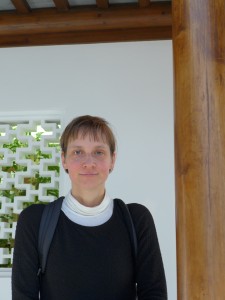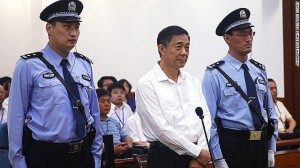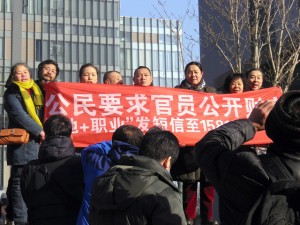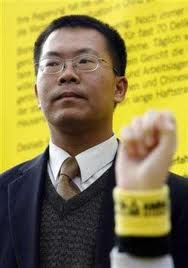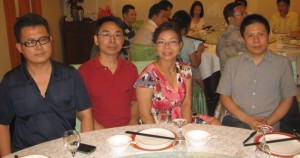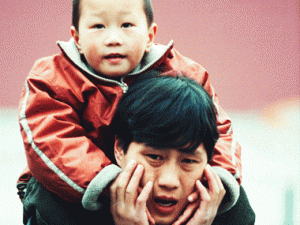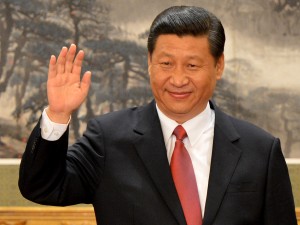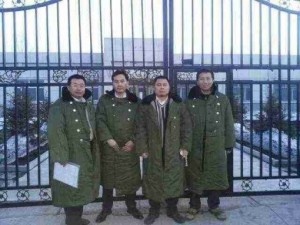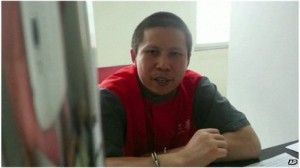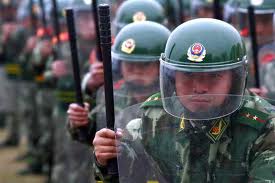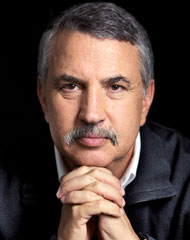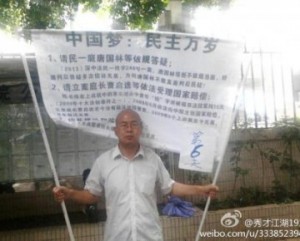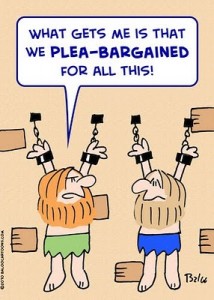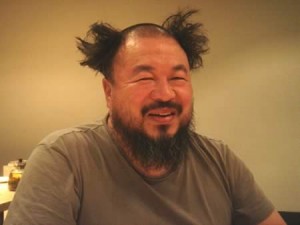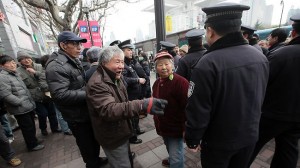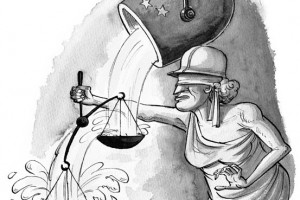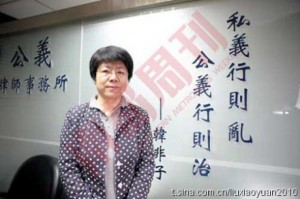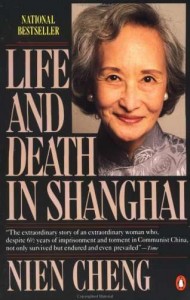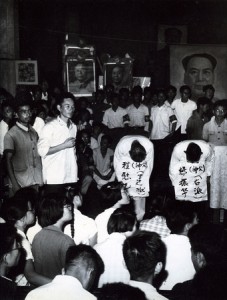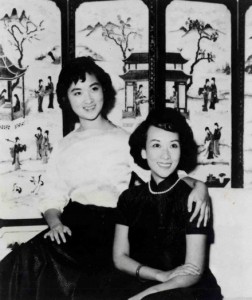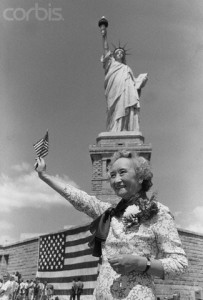Reform or Regression? The Corruption Inquiry of Zhou Yongkang
Last month the New York Times ran a front page story on the Chinese Communist Party’s investigation of former Minister of Public Security Zhou Yongkang. Rarely if ever have the Party’s investigations reached such senior echelons. Does this signal a new Chinese president intent on holding officials responsible under the law or merely a purge to consolidate his power?
Here in part 3 of this three-part series, Prof. Eva Pils, an associate professor of law at the Chinese University of Hong Kong and research fellow at NYU’s U.S.-Asia Law Institute, answers that question, noting that Xi Jinping’s current anti-corruption campaign is far from a promotion of a rule of law.
Read the transcript below of Part 3 of this three-part interview or click on the media player to listen:
Length: 9:20 minutes
To read or listen to Part 1 of this three-part interview series with Prof. Pils, click here.
To read or listen to Part 2 of this three-part interview series with Prof. Pils, click here.
********************************************************************************************************
EL: Going back to the government, I want to finish with one last question about the government and its relations to the rights activists. Recently, in late 2013, early 2014, you’re seeing a lot of rhetoric coming from the Chinese Communist Party calling for things like judicial independence, greater respect for lawyers. I think there are some people in the West who have seen this as a positive development, that it is showing that the government wants incremental legal reform and that there is space for that. But my question to you: given this crackdown that has happened, should we see this rhetoric as anything positive? How should we view it and how should you view the rhetoric that’s happening simultaneously with this very severe crackdown on rights lawyers?
EP: Well maybe answering those questions does require looking at least briefly at some of the reform measures and the changes
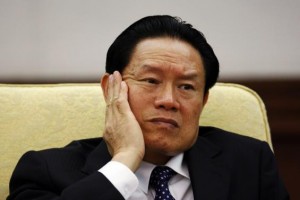
Former Minister of Public Security, Zhou Yongkang. Now being investigated by the Party for corruption.
under the new leadership. I think the anti-corruption campaign is probably a good example. Personally I think it would be quite a mistake to see that as a new leadership coming in and trying to essentially provide or establish a basis for further-reaching reforms that ultimately end in this end-goal of the democratization or liberalization narrative which is a stable rule of law system with increasing political openness.
Because if you look at what actually happens in the anti-corruption campaign, I believe it would be really hard to deny that people who do end up being investigated for corruption are really those who have somehow lost protection from within the system. It remains a party decision who will be investigated for corruption. So another way and perhaps a more accurate way of seeing what is going on under this so-called anti-corruption campaign is actually a party purge, a party-internal purge that serves the ultimate goal of strengthening and centralizing control under the central leadership, and centralizing control by Xi Jinping.
So that is really very, very far from construction of the rule of law, which of course would also require some moves against corruption; but those would take the form of the use of the judicial process, an open process and a rule of law-based process. All of that I don’t think we are seeing clearly at all. Just think of the fact that high-ranking officials who are targeted are not processed through the judicial system but, rather, just as they used to be before, they are put under some sort of Party detention [known as shuanggui].
I think that tells us a lot about this liberalization narrative that you just brought up. I think it’s a very powerful narrative and has been extremely attractive for essentially anyone who has tried to engage China from the outside, including many foundations, governments, institutions, who have tried to strengthen rule of law development in China over the past decade. I think that from the perspective of these institutions and the individuals working with them, there are very powerful reasons – important reasons – for wanting to see this kind of incremental reform process that you mentioned, and to make constructive contributions to this process without at the same time alienating the authorities.
But for the reasons that I just gave, I don’t think that we see, that we have evidence from the ground that this is what is happening. And of course that means also that this powerful, attractive but then somehow also a little bit anesthetizing narrative of gradual liberalization, just doesn’t work.
In China, amongst academic circles, I think you can see that reflected in a shift of vocabulary away from constant uses of the word ‘reform’ or ‘judicial reform’ – sifa gaige [司法改革]. I think that people are sort of becoming more critical of that idea [of reform] because they just reach a conclusion that it does not seem to be working. They’re actually talking more broadly about ‘change’. I think that what I would take away from that shift is that agency in change – legal-political change – does not necessarily lie with the government. Increasingly the momentum has shifted to civil society, including the human rights movement.
EL: Just one last question. What do you see short-term for the future of human rights advocates in China. Not long term just short term. Do we see it getting worse or do you not even want to try to guess?
EP: Well, I think that yes we do see it for the moment things getting worse. I would be very pleasantly surprised if there was some
loosening or lightening of the pressure. The events of the past couple of weeks and months have sent very strong signals that it is quite likely that more lawyers will be detained. We are now unfortunately finding that human rights defenders when detained can be exposed to very significant levels of violence. Of course you mentioned the terrible case of the death of Cao Shunli.
I think that what is interesting is that despite all this repression, despite the worsening long-term crackdown, you also have a rise in numbers of human rights lawyers. You have more and more lawyers showing solidarity with human rights lawyers and expressing a willingness to be called human rights lawyers, identifying with this human rights cause. What I also find remarkable is that human rights lawyers are amongst the most optimistic people I speak to when I go to China.
EL: I guess the increase in numbers gives us some hope amongst all this despair. I want to thank you Prof. Pils for your time and for letting us know and trying to figure out what’s happening on the ground in China. Thank you
EP: Thank you very much.
******************************************************************************
This concludes Part 3 of this three-part interview series with Prof. Pils.
For Part 1, please click here.
For Part 2, please click here.
 On Facebook
On Facebook By Email
By Email 